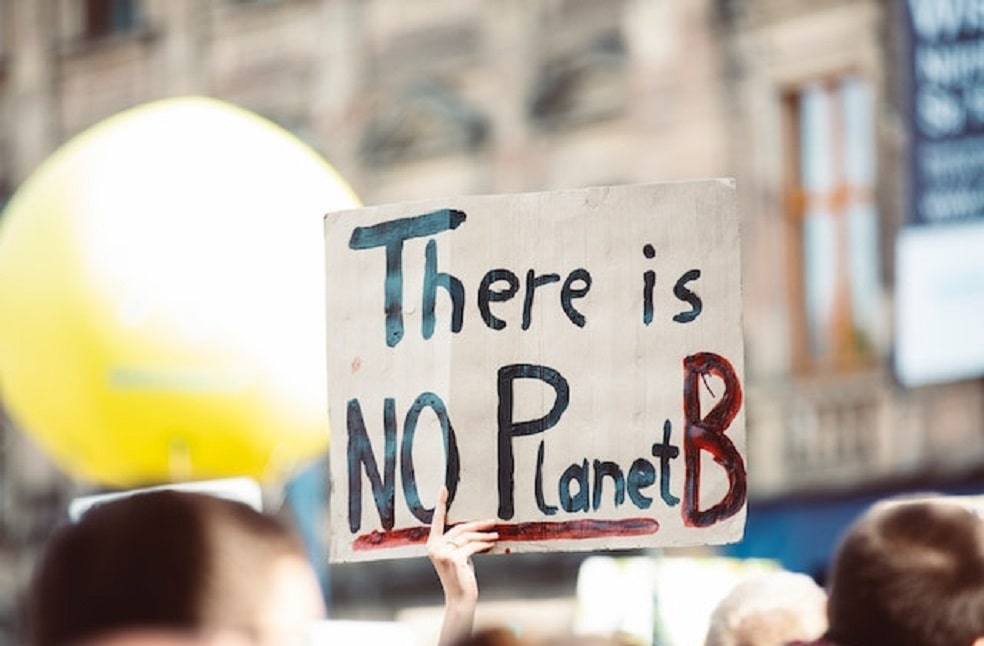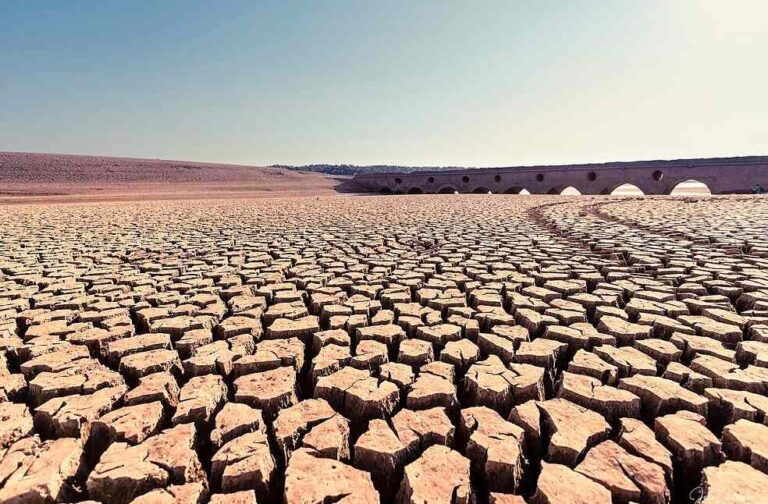Europe: An European Union report by the Copernicus Climate Change Service (C3S) has revealed that the climate crisis had “frightening” impacts in Europe in 2022, with heatwaves killing more than 20,000 people and drought withering crops.
The authors of the report warned that drought is already inescapable for many farmers in 2023, and the only way to limit the rising damages of global warming is by rapidly cutting carbon emissions.
According to the analysis, the widespread heatwaves were the leading cause of Europe experiencing its hottest summer on record in 2022 by a considerable margin. Such an outcome would have been almost impossible without global heating, and it led to many premature deaths.

People living in southern Europe experienced 70–100 days of heat stress, where the temperature felt like at least 32°C, accounting for wind and other factors. Additionally, the UK experienced temperatures surpassing 40°C for the first time, leading to a rise in heat-related illnesses.
Low rainfall accompanied by high temperatures caused a drought that affected over a third of the continent, leading to the driest year on record. Flows in almost two-thirds of Europe’s rivers were lower than average. Moreover, the high temperatures resulted in carbon emissions from summer wildfires that were the highest in 15 years. The European Alps also lost record amounts of ice from glaciers.
Overall, Europe experienced its second-warmest year ever recorded, with temperatures rising at twice the global average rate, which is faster than on any other continent. For the past five years, the average temperature has been 2.2°C higher than in the pre-industrial era.

Mr. Mauro Facchini, head of earth observation at the European Commission, commented that “the findings are frightening, I have to say, but I think we have to know the truth. We have more and more extreme events happening in Europe. Every one of us can witness that.”
Dr. Rebecca Emerton, the lead author of the C3S report, emphasised that “we cannot stop these climate impacts. We can only limit them by reducing greenhouse gas emissions rapidly.”
The report further examined the Arctic and stated that Greenland experienced record-breaking ice-sheet melt during exceptional heatwaves in September, when average temperatures were up to 8°C higher than average.



